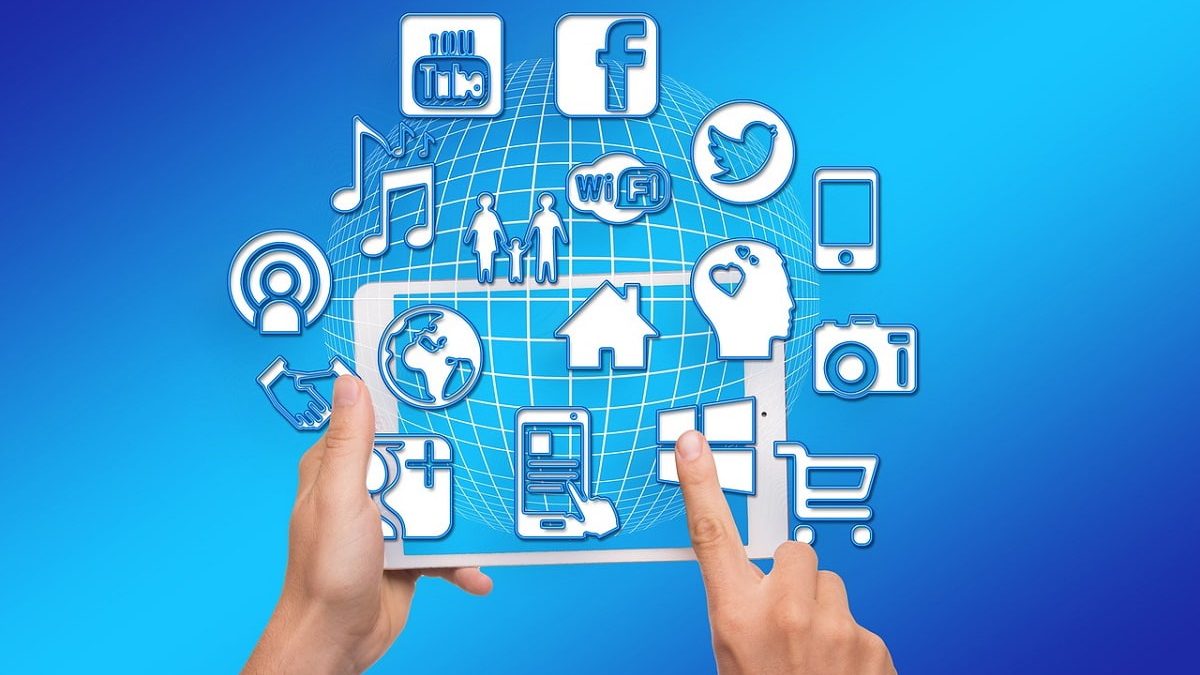Planning to get an internet connection for your home or office?
Don’t sign up for the first plan you see. There are different types of internet connections and they all offer varying pros and cons. Some might not be suitable for your needs.
Table of Contents
Cellular Connection
Using your cellular connection and mobile data to get online deserves its spot. This method uses cellular frequencies to connect your phone to the internet. However, your connection stability and speed depend on three things:
- Your device
- Proximity to a cell tower
- Your mobile plan
Even if you’re right next to a tower, you won’t get to enjoy a 4G or 5G connection if your device can’t support it.
You’ll also have problems if you exceeded your current monthly mobile data plan.
Types of Internet Connections
Now let’s dive into the main types of internet connections. There are four to look at and we’ll also dive into their respective pros and cons.
DSL
Digital Subscriber Line is the most common form of wired internet connection. It uses the same line as your telephone to transmit data. Your access to the internet doesn’t disrupt phone calls because they function through different frequencies.
Some of the pros include:
- Affordable
- Decent speed (anywhere from 5 Mbps to 40 Mbps)
- Widely available
cons include:
- Reliability depends on proximity
- Struggle to reach speeds necessary for 4K streaming
The further you are from your ISP provider, the less likely you’ll get a strong, stable connection. If you don’t stream on Twitch and you don’t mind less than 4K viewing, DSL is an affordable and suitable choice.
Cable Internet
Some cable providers also include internet connections in their subscription plans. These types of internet connections follow the same general philosophy of DSL but connect via cable TV lines instead of phone lines.
The pros of cable internet include:
- You also get cable TV channels
- Average internet speed (25 Mbps to 200 Mbps)
As for the cons, you have to consider:
- More frequent disconnections
- More expensive fees due to the inclusion of cable TV
A cable connection is great if you plan on getting it along with cable channels. It’s about as good as DSL.
Satellite Connection
What if you’re too far from a DSL provider or there are no posts for a cable connection?
The solution is a satellite connection. This type involves installing a dish at your home. The dish transmits and receives data from your computer to a satellite orbiting the Earth.
As for the pros and cons, let’s start with the advantages:
- Available anywhere
- Affordable plan
For the downsides, consider the following:
- Not as fast as a wired connection
You can find out more about satellite vs fixed, wired internet here.
Fiber
If you want the fastest connection possible, go for a fiber-optic plan. In a nutshell, this uses fiber-optic cables, which are thin glass wires, transmitting data as light.
What advantages can you look forward to? Some of them include:
- Fast connection (up to 1,000 Mbps in some places)
- No problem with interference
- Fewer issues with proximity
As for the cons, consider the following:
- Not available in most places
- Costly
Get the Right Connection Today!
There are multiple types of internet connections. Follow our guide here and make sure you sign up for the type that suits your needs and budget.
Don’t stop learning here. If you want to learn more cool tips and tricks, read our other articles today!

